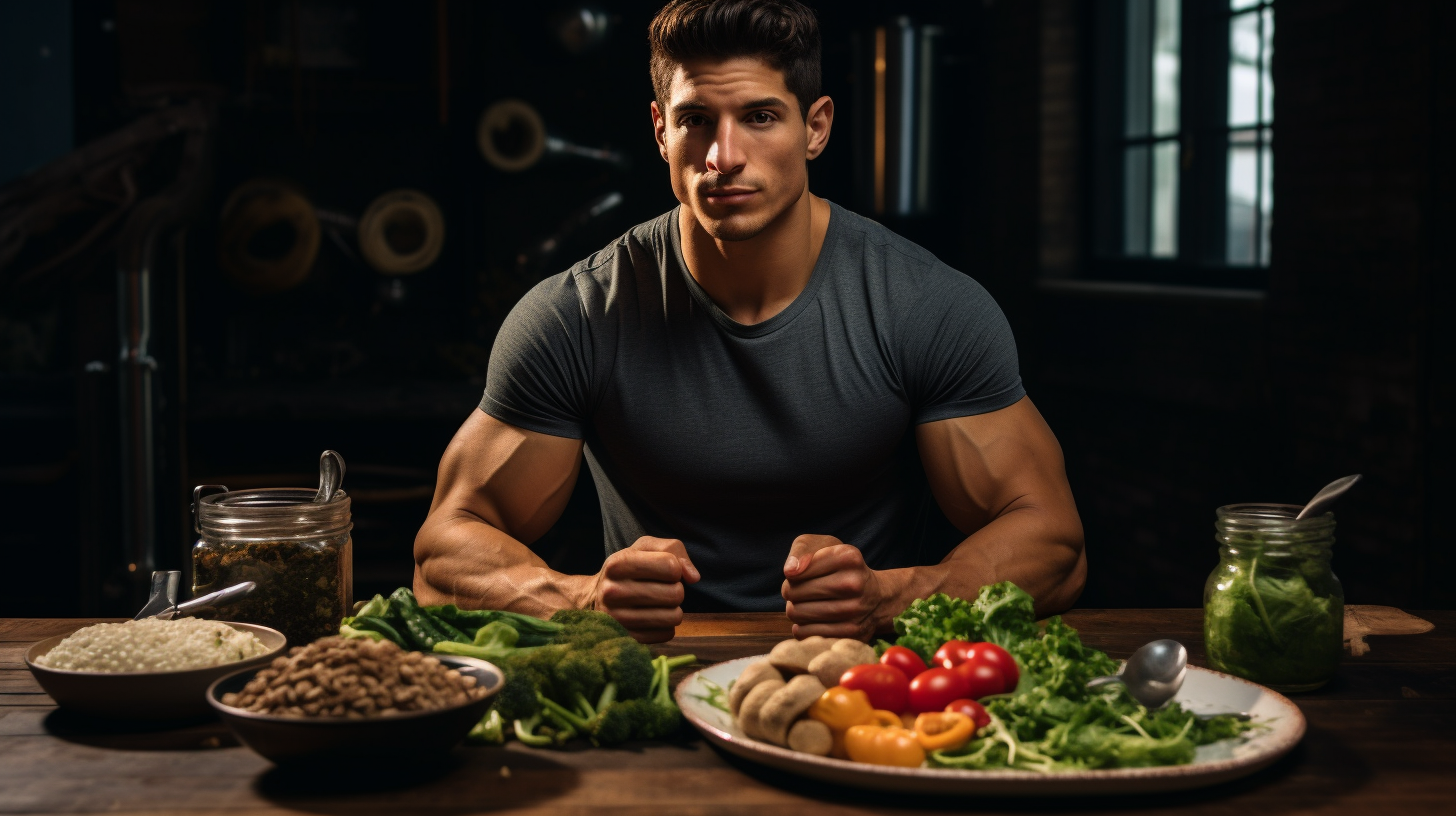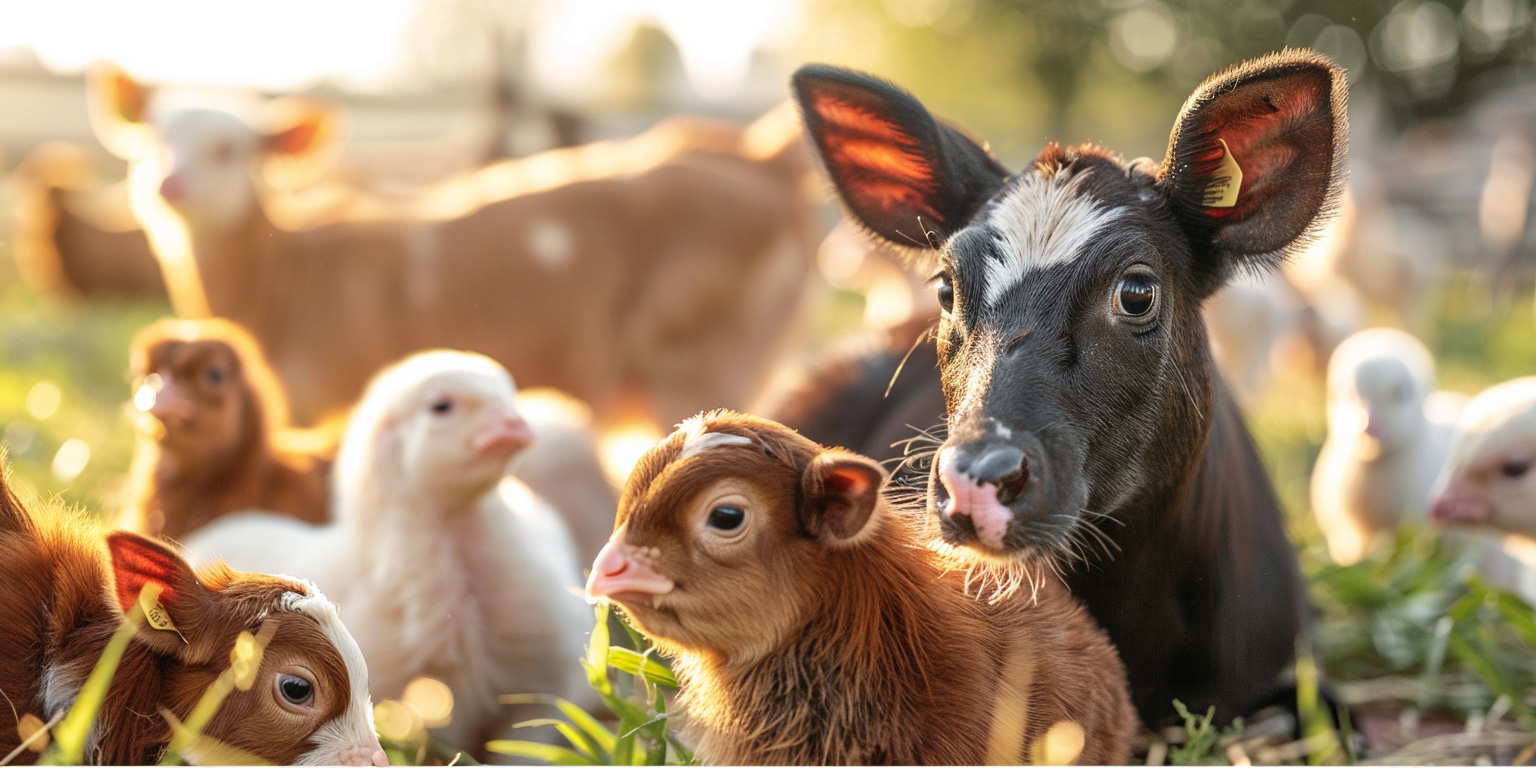You might have heard a lot of people recently talking about how weight loss results come from the kitchen, not the gym. While it’s true that the amount of food we consume can have a huge impact on our aesthetic results, it’s also true that nutrition can have a massive impact on how we perform in our workouts. To help you maximize your diet in order to be your absolute best in the gym, here are the seven ways in which the food we eat affects our athletic performance.
1. Energy Levels
Have you ever eaten a large holiday meal and felt sluggish afterwards? Chances are that this meal was high in refined carbohydrates and saturated fat, which are two macronutrients that can leave you feeling exhausted and worn down. Just as food can make us feel worse in terms of our energy levels, it can also make us feel more energetic, provided we make the right choices. Try protein and health carbs such as fruit before your next workout for a huge energy boost.
2. Hydration is Essential
We don’t just mean to say that you should drink water during a workout, as that’s pretty obvious. Instead, choose foods that have naturally high water content, such as lettuce or watermelon.
3. Boost Your Gut Health
New research shows that our stamina, both mentally and physically, is strongly correlated to our gut health. When we eat so-called “junk food,” it does nothing to balance the healthy bacteria in our guts, which is essential for optimal health. Choose foods containing high fiber, such as whole-wheat bread or yams, in addition to fermented foods like kimchi or sauerkraut.
4. Opt For Superfoods
People who are new to optimal nutrition often feel overwhelmed when they’re trying to make better dietary decisions. While a lot of literature tells you what to remove from your diet, it doesn’t tell you what to add. Make the decision to opt for superfoods at every meal. Superfoods are just foods that contain a high amount of nutritious vitamins and minerals, such as fruits and vegetables. Sometimes focusing on adding healthy foods can be a lot of easier than focusing on eliminating unhealthy foods.
5. Focus on Recovery
What you eat after your workout is almost as important as what you eat before it. After a training session, it’s important that you make smart choices. Foods high in protein can help you to build muscle, while foods containing potassium can help to reduce post-workout soreness. Potassium-rich foods include bananas, avocados and lentils.
6. Know Your Body
We all have different bodies, which means we all have different nutrient needs. Some people will feel energized after a high carb meal, while others might feel sluggish. Trust your own body when it comes to making food choices, while still incorporating nutritional science into your food decisions.
7. Incorporate Omega-3
Foods that are high in omega-3 can help you to improve your joint and muscle health. Opt for seafood a few times a week, particularly salmon or sardines. These foods can make a world of difference in your flexibility and mobility at the gym.
If you follow these seven tips, you can improve your performance in the gym. As an added bonus, you’ll also find yourself more energetic and exuberant throughout the day.



